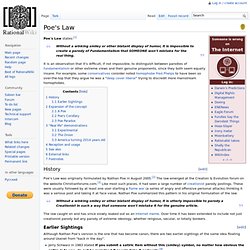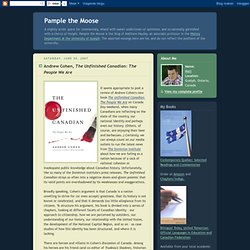

S Person of the Year 2011. The Many Forms of Gratitude - SneezingCow.com - SneezingCow.com. For two nights in a row, I had the privilege of standing onstage beside a friend.

I want to commit an impossible thank you, and this post is my attempt to get there. Now and then way back when Justin was living on the change in his pocket (and less), we’d talk sometimes. He’ll tell you I said and wrote some things that were a help. I hope that’s true, although he’s very kindly ignoring the exponentially larger amounts of meandering blather he had to siphon off first. More foam than beer, I fear. Cue the world tours and multiple Grammy noms. I guess I’d say what I’ve said before: I’m proud of Justin in an avuncular way, not a proprietary way. Blame the Banks - by Rick Rowden. The new fiscal pact agreed to by the majority of EU countries (save Britain) on Dec. 9 in Brussels will do little to avoid a pending catastrophe.

It neither addresses the main causes of the current eurozone crisis nor calls for the economic policies urgently needed to restore stability and increase employment and growth. The dominant discourse of the pact places the blame for the crisis squarely on public-sector profligacy, yet the crisis did not begin in the public sector. It began in the private finance sector, where it was triggered by risky overleveraging by the unregulated shadow banking system of non-bank financial institutions, many of which were exploiting a dangerous housing bubble in the United States and Europe that went neglected by authorities. It quickly became a public-sector deficit crisis, however, as lavish bank bailouts were put together and tax revenues fell because of the economic recession.
Europe must also turn its attention to meaningful regulation. Poe's Law. Poe's Law states:[1] It is an observation that it's difficult, if not impossible, to distinguish between parodies of fundamentalism or other extreme views and their genuine proponents, since they both seem equally insane.

For example, some conservatives consider noted homophobe Fred Phelps to have been so over-the-top that they argue he was a "deep cover liberal" trying to discredit more mainstream homophobes. [edit] History Poe's Law was originally formulated by Nathan Poe in August 2005.[2] The law emerged at the Creation & Evolution forum on the website Christianforums.com.[3] Like most such places, it had seen a large number of creationist parody postings. These were usually followed by at least one user starting a flame war (a series of angry and offensive personal attacks) thinking it was a serious post and taking it at face value. The law caught on and has since slowly leaked out as an Internet meme.
[edit] Earlier Sightings. Proofs of God in a photon - Arts & Entertainment. Science and religion began to go their separate ways in the Renaissance.

The process continued when Galileo and Descartes started to ponder on the nature of the universe. To do so, they had to stray into the territory traditionally the exclusive domain of the church and, in Europe in the first half of the 17th century, the church was powerful indeed. Those who offended it too loudly or too fundamentally could burn in a hell that was very much on earth. So it was out of an instinct of self-preservation that Galileo divided the world into two. He said that there are primary qualities that are external and objective, such as temperature, wavelength, hardness and so on, and secondary qualities that are subjective, such as the sensations of heat, colour and pain. This was developed by Descartes into what we now know as Cartesian duality. Science has lived with this dualistic legacy ever since, and so has the church. My "top ten" books every student of International Relations should read.
Last week Tom Ricks offered us his "Top Ten list" of books any student of military history should read.

The FP staff asked me to follow suit with some of my favorites from the world of international politics and foreign policy. What follows aren't necessarily the books I'd put on a graduate syllabus; instead, here are ten books that either had a big influence on my thinking, were a pleasure to read, or are of enduring value for someone trying to make sense of contemporary world politics. But I've just scratched the surface here, so I invite readers to contribute their own suggestions. 1).
Kenneth Waltz, Man, the State, and War. An all-time classic, which I first read as a college sophomore. Andrew Cohen, <i>The Unfinished Canadian: The People We Are</i> It seems appropriate to post a review of Andrew Cohen's new book The Unfinished Canadian: The People We Are on Canada Day weekend, when many Canadians are reflecting on the state of the country, our national identity and perhaps even our history.

(Others, of course, are enjoying their beer and barbecues…) Certainly, we can always count on our media outlets to run the latest news from The Dominion Institute about how we are failing as a nation because of a lack of national cohesion or inadequate public knowledge about Canadian history. Unfortunately, like so many of the Dominion Institute's press releases, The Unfinished Canadian strays so often into a negative doom-and-gloom polemic that its valid points are overshadowed by its weaknesses and exaggerations. Broadly speaking, Cohen's argument is that Canada is a nation unwilling to strive for (or even accept) greatness, that its history is not known or celebrated, and that it demands too little allegiance from its citizens.